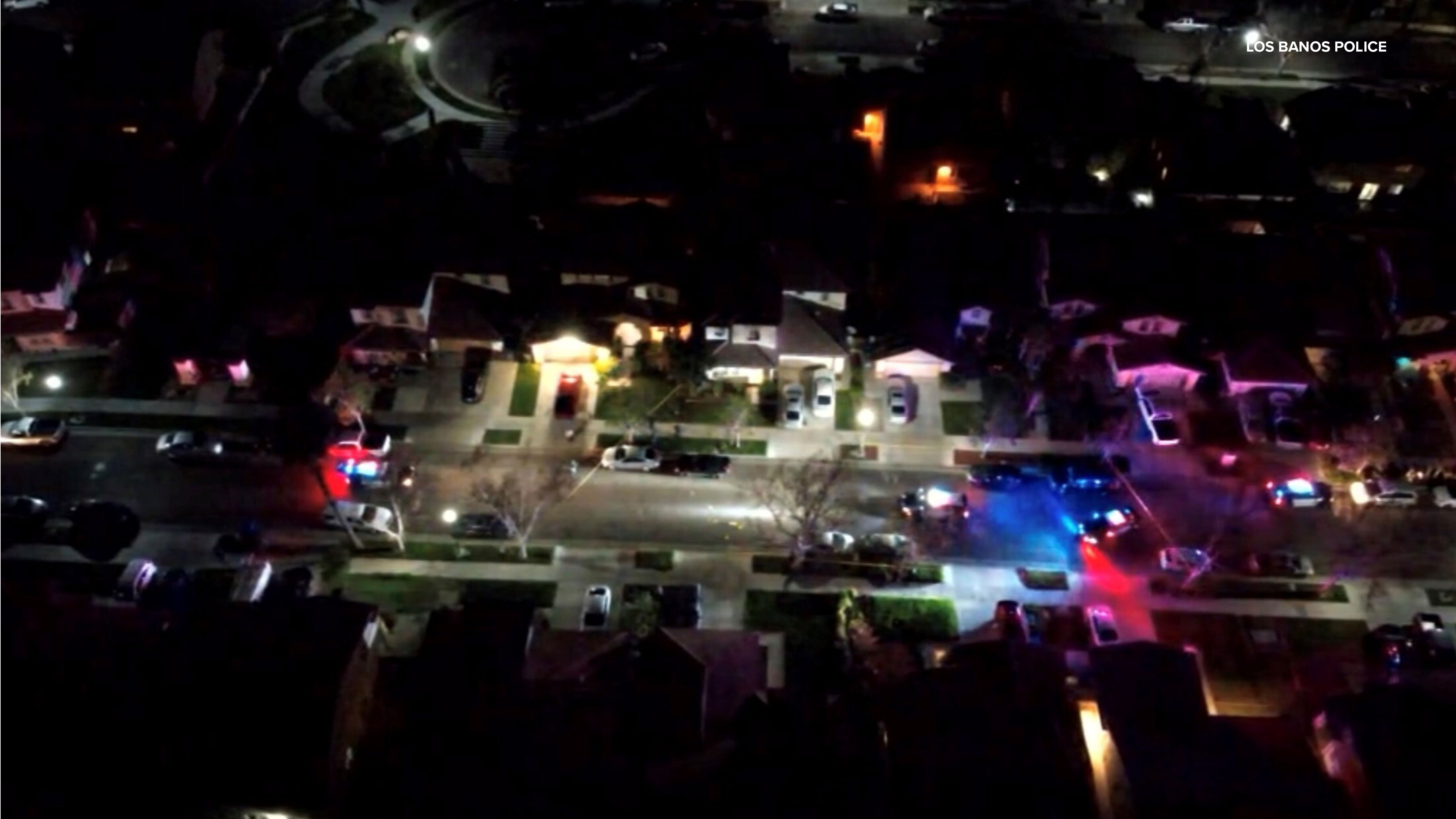How to talk to kids about the feeling of loneliness

FRESNO, Calif. (KFSN) -- Forming friendships and creating connections is part of growing up.
"There's a need in children to learn how to be connected and to connect with their friends, to their peers, to other adults," said Dr. Jason Christopherson, the Clinical Director of Ascend Behavioral Health in Northeast Fresno.
But the complicated feelings of loneliness and isolation affect all ages. It can be especially hard for kids to understand once that feeling creeps in.
"What an adult might refer to as feeling lonely, a child might refer to feeling bored or not good," said Dr. Christopherson. "It's important to recognize that children's language about emotions is a lot more simplified."
Studies have shown that loneliness and isolation among children and teens lead to an increased risk of depression and anxiety. A survey by the non-profit group Mental Health America revealed two-thirds of 11 to 17 years olds reported they felt stressed out by loneliness.
"Loneliness is a complex emotion because loneliness can happen when we're in a group with our friends," said Dr. Christopherson. "We can still feel lonely."
It can be tough for kids to talk about these feelings. Dr. Christopherson explains that listening is a good first step.
"When a child is talking about feeling bored," said Dr. Christopherson, "they don't want to do anything and they would just rather sit around. Parents could say, 'It sounds like you're feeling sad' or 'It sounds like you're feeling anxious' when they describe their anxiety of how their body feels."
Families should also look out for any changes in behavior.
"When a child who's normally hanging out with their friends or talking to their friends on a consistent basis, suddenly goes days or weeks without wanting to or showing interest in hanging out with those friends," said Dr. Christopherson, "that's an important change in behavior we look out for."
By creating a conversation and showing no judgement, adults can help kids better understand their feelings of loneliness and isolation.
For news updates, follow Ana Torrea on Facebook, Twitter and Instagram.
This story is part of the "Our America: Mental State - The Loneliness Epidemic" series. The collaboration between ABC News and the ABC Owned Television Stations aims to share reporting on how to build social connections, with focus on stories about kids, caregivers, the workplace, the election, the holidays, and anyone looking to learn how to take care of themselves and others.
Click here for all the stories and videos in our series, "Our America: Mental State - The Loneliness Epidemic.











